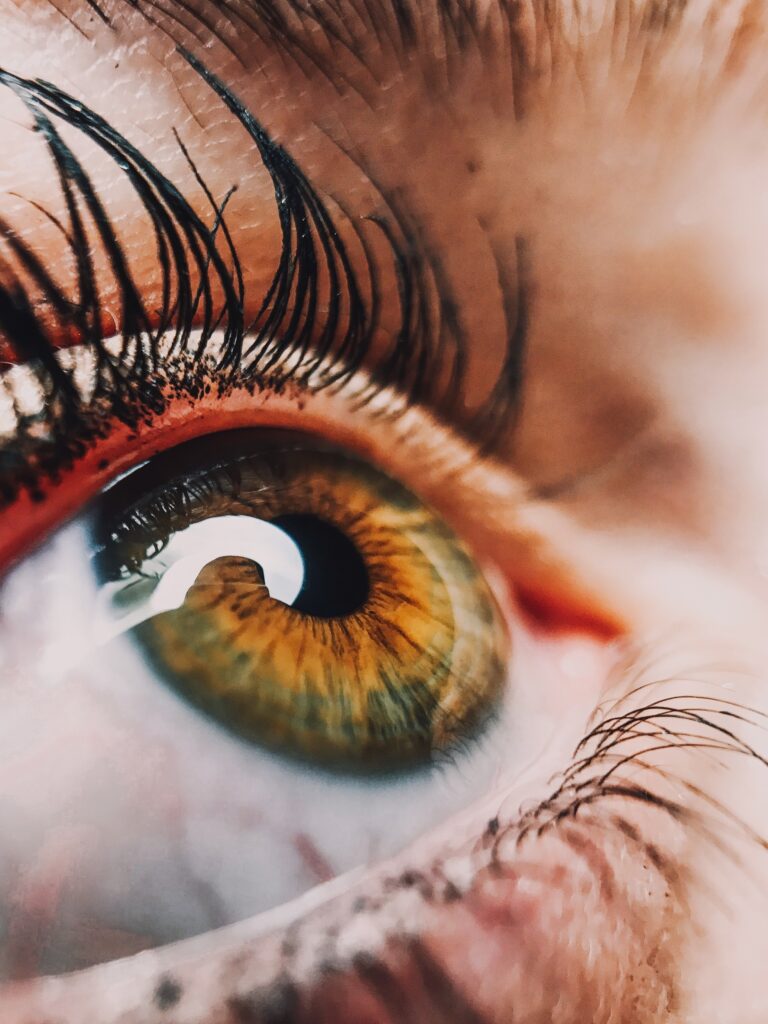- Feel Good
- 26th Aug 2023
- 1.1k Views
- 0
- 1 minutes
Save your sight with these eye-protecting tips

50% of the UK population suffers from dry eye without even knowing it – and it’s potentially sight-destroying.

50% of the UK population suffers from dry eye without even knowing it – and it’s potentially sight-destroying.
Subscribe now to receive our twice-weekly emails and exclusive offers for High Life North readers.
Comments